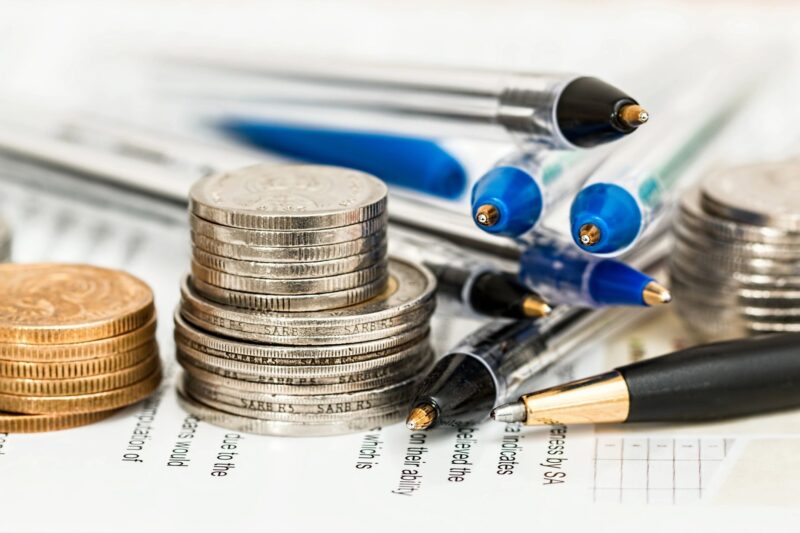Where a loan is secured, it uses collateral, such as your house or a vehicle, to act as a form of security for the lender should you, for whatever reason, not be able to pay. Examples of secured loans are car loans and home loans. If you fail to pay back what you owe on these, then the asset can be repossessed.

In contrast to this, an unsecured loan is not tied to a piece of collateral or an asset, such a house or a vehicle. Whilst these means that you are exposed to less risk as a borrower, because failure to pay will not result in an asset being seized, it does mean that the amount of time that you have to pay back the money is reduced and that the interest rates are increased. For easy unsecured loans nz follow the link.
When it comes to choosing between these two options, it comes down to your own personal circumstances and if one makes more financial sense over another. Throughout your lifetime, it is likely that you use a combination of both secured and unsecured loans as your financial situation changes. The thing is figuring out which one is the best option for you at any one given point in time.
Secured loans
In order to get a good understanding of how exactly a secured loan operates, think about a typical car loan. When you borrow money from a lender in order to purchase a new car, the vehicle is used as the collateral. So, if for whatever reason you are unable to fully pay the loan back, the lender has the ability to repossess it, for the purpose of selling it and using the proceeds of the sale to pay your outstanding debt off.
In the case of home equity loans and mortgages, it is the house that is used as the collateral. Personal loans and secured credit cards however, require you to put down a cash deposit to act as the collateral. What secured loans have in common, regardless of what they are for, is the ability of the lender to take over possession of your asset(s) if you do not pay back what you said you were going to.
Unsecured loans
An unsecured loan does not involve any sort of collateral. Examples of these types of loans include student loans, personal loans, and credit cards. The only assurance a lender has that you will pay back what you owe is your word and the negative impact that not doing so will have on your credit rating. It is for this reason that they are considered to be high risk for the lender.
In order to qualify for an unsecured loan, you will need to have a good credit rating, as this shows that you can be trusted to pay the loan amount back. Because they are not secured against any assets, it means that the interest rates that the loan is subject to are much higher than those of secured loans.


